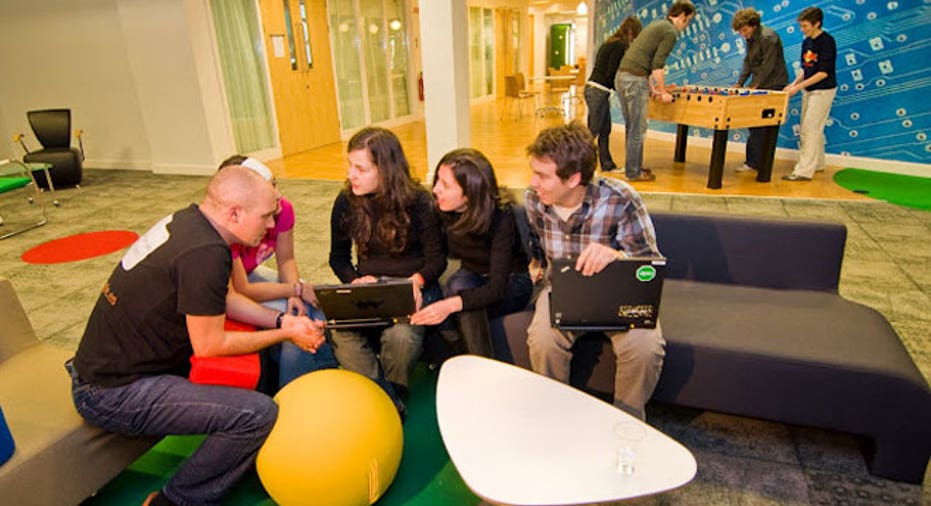Will Gov’t Shutdown Hurt Startups Seeking Patents?

As the tenth day of the partial government shutdown continues, the U.S. Patent and Trademark Office is still fully staffed and operating.
According to a USPTO spokesman, the office is able to continue normal operations thanks to prior year reserve fee collections. But time is running out: if the government doesn’t fully reopen in the next two weeks, the Patent and Trademark Office says it will be forced to pare down to a smaller staff.
Should the shutdown continue beyond that, the spokesman says the staffers remaining at the office would continue to accept new patent applications and maintain IT infrastructure, which is critical for the office’s digital application process.
But some experts aren’t so sure this plan will work smoothly.
“Their IT infrastructure is kind of old, and it often has issues that need maintenance, so I’m not sure I feel very comfortable,” says Stuart Meyer, a partner in the IP group at Fenwick & West, LLP.
And while the office will continue to accept new applications, Meyer says some petitions that are currently in the system may be affected by a prolonged shutdown.
“You have some statutory deadlines, like a year to do this and a year to do that … potentially that could be problematic,” says Meyer.
Under the America Invents Act, for instance, Meyer says there’s a very aggressive timeline for determining the validity of an existing patent, and the proceedings have to be handled within a one-year period.
“Under some of these timeframes, there’s nothing you can do about it,” says Meyer, potentially putting some companies in a jam.
The eventual “slimdown” of the Patent and Trademark Office may also have an impact on the office’s revenue stream.
Meyer says some companies looking to make international filings with the USPTO may choose to file with patent offices in other countries, depriving the office of some of the fees it would receive to process those applications.
Short Shutdown Not so Bad?
Perkins Coie IP partner James Pistorino says any shutdown would need to last a really long time in order to have an impact on companies dealing with patent issues.
“A week or two weeks probably shouldn’t have a significant impact,” says Pistorino, especially since the office will retain a small staff to accept patent applications.
“Generally speaking, it commonly takes up to two years for patents,” he says. Given that the process already moves slowly, he says a brief shutdown shouldn’t have a huge effect.
That said, Pistorino says in isolated cases, the shutdown could affect the financial situation of individual companies looking to the courts to stop a competitor from infringing on their patents.
“Those circumstances aren’t very common, but they could exist,” says Pistorino.



















